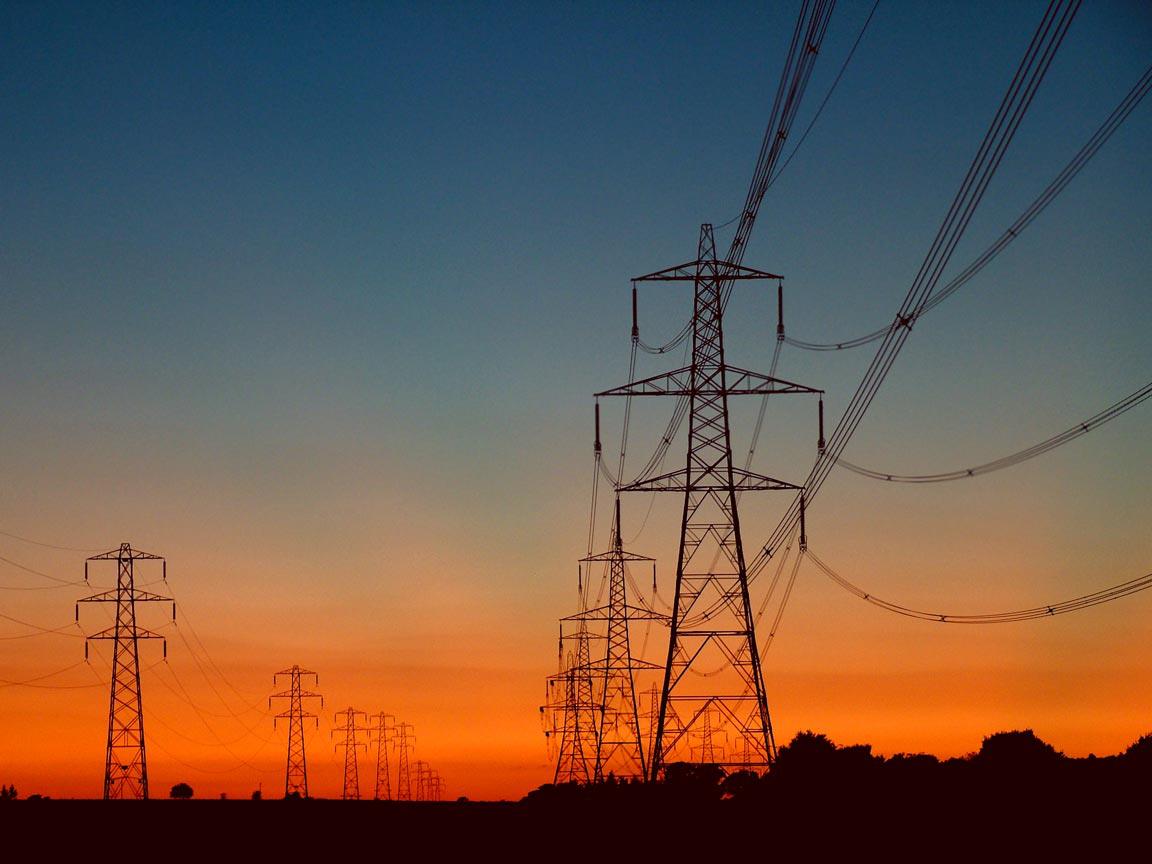The Tennessee Valley Authority (TVA) plans to reduce its carbon emissions to zero by 2050, but the move was criticized for being out of step with White House goals.
The TVA announced its carbon-emissions plan Thursday in a quarterly meeting of the power provider’s board of directors. TVA said it has already reduced carbon emission by 63 percent since 2005 and hopes to further reduce that figure to 70 percent by 2030. This path will cut TVA’s carbon reduction by 80 percent by 2035. That is where one group said the agency’s intentions ”fall far short.”
President Joe Biden issued an executive order in January for a “clean-energy revolution that achieves a carbon-pollution-free power sector by 2035.” The Southern Alliance for Clean Energy (SACE) said Thursday TVA ”has the ability and resources to lead by example and demonstrate the path to zero carbon. … Not fifteen years later.” The group challenged TVA to set a carbon-zero goal for 2030.
“The current TVA CEO’s public statements are out of step with the Biden Administration’s goals,” said SACE executive director Dr. Stephen Smith. “With accountable leadership, collaborative planning, and commitment, TVA has the opportunity to, once again, embrace the mission and to be a ‘utility yardstick’ of innovative environmental stewardship and job creation.”
TVA said its carbon-reduction strategy has already included adding 1,600 megawatts of new nuclear capacity, adding 1,600 megawatts of wind and solar capacity, retiring 8,600 megawatts of coal capacity by 2023, and investing $400 million to promote energy efficiency. TVA president and CEO Jeff Lyash said these steps build a strong foundation for “supplying cleaner energy without impacting reliability or low cost.”
“TVA is an industry leader in carbon reduction, but we aren’t satisfied,” Lyash said in a statement. “We are focused on increasing carbon reduction while maintaining our commitment to the low-cost, reliable energy our customers expect and deserve.”
A new plan approved by the TVA board Thursday outlines decarbonization milestones over the next 30 years. To get there, the agency said it will continue to expand renewable generation, expand battery storage capacity, retire all coal plants by 2035, and more. Details of these plans will be developed in the coming months, TVA said, and all of them will seek public input.
But SACE said TVA also intends to build 1,500 megawatts of fossil gas capacity that will be online by 2023. Its goal to retire fossil plants by 2035 may be “potentially improbable” if TVA continues to build such plants.
”In fact, SACE’s recent analysis shows that according to TVA’s latest resource plans and announced projects, and taking into account TVA’s history and projected rate of decarbonization, TVA is not on track to fully decarbonize by 2050,” reads a SACE statement. “Without announcing formal resource plans that greatly increase utilization of clean energy like solar, energy efficiency, and battery storage that can be analyzed through an integrated resource planning (IRP) process, there is no guarantee TVA will reach net-zero emissions even by 2050.”
